Aslan Mohammed Ocherkhadzhiev sits pensively at a table in the corner of a shelter near the city of Chasov Yar, Ukraine's last stronghold near Bakhmut in the eastern battlefield.
On the table before him were stacks of paper coffee cups and cans labeled in Arabic. Lost in thought, he slowly sipped his coffee.
The 43-year-old put down the Makarov pistol he was wearing on his belt and revealed a wounded hand, a reminder of his first fight with Russian troops in the mountains of Chechnya in 2000, when he was 23.
Chechnya is a republic of Russia but has experienced historical ups and downs. After the collapse of the Soviet Union, the First Chechen War took place between the Russian Federation and the Chechen Republic in 1994-1996, when the autonomous government in Chechnya declared independence, seceding the region from Russia.
Akhmad Kadyrov, father of current Chechen leader Ramzan Kadyrov, fought against Moscow in that war. However, during the Second Chechen War of 1999-2009, Mr. Akhmad switched sides, siding with the Russian Federation, which led to the establishment of a pro-Moscow government in Chechnya.
Mr Ramzan has led Chechnya since 2007 and has always shown loyalty to President Putin. He has mobilized the Chechen army to join the war in Ukraine since the beginning of the Russian campaign.
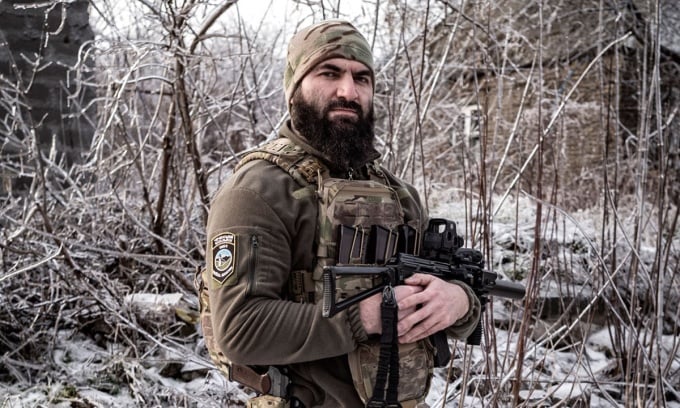
Aslan Mohammed Ocherkhadzhiev, a member of the Sheikh Mansur Battalion fighting in Ukraine. Photo: Moscow Times
However, there are Chechen separatists who are on the Ukrainian side, like Aslan. He initially trained with Ukrainian special forces before joining the Sheikh Mansur Battalion, a Chechen militia unit formed in 2014, mainly made up of fighters from the Second Chechen War.
Currently, Aslan is among the commanders of this force, once again fighting against the Russian army.
In the next room, his teammate Walid began his midday prayer in front of a folding mirror, an important Muslim ritual.
Outside, on the devastated streets of Chasov Yar, a few Ukrainian soldiers leaned silently against old T90 tanks, their faces showing signs of fatigue. In the distance, artillery fire continued to echo, and flocks of birds flew in the sky.
At the end of December last year, General Oleksandr Syrsky, commander of the Ukrainian ground forces, reported that fierce fighting was taking place along the eastern front, and the Ukrainian army, from Kupiansk to Bakhmut, via Lyman, was struggling to withstand the relentless waves of Russian attacks.
About 10 km north of Chasov Yar, after months of fighting, Russian forces broke through Ukrainian positions in the Avdeevka area and began to surround the city.
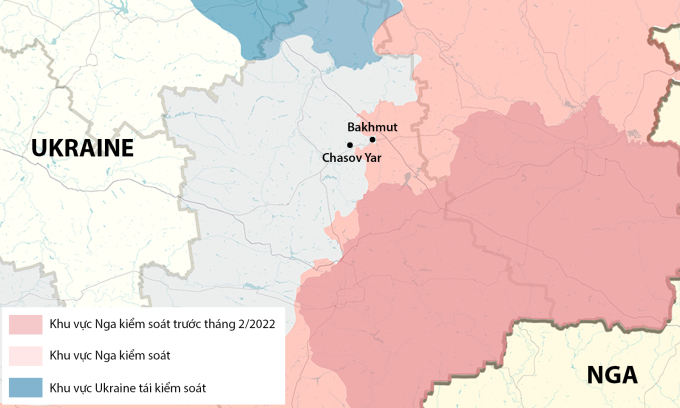
Location of the cities of Chasov Yar and Bakhmut. Graphics: RYV
Aslan was undaunted. He had seen worse. As a sniper in the Second Chechen War, he knew what defeat felt like. While he acknowledged the situation remained complicated, Aslan did not believe the Ukrainian army would collapse.
"I pray for victory. After liberating Ukraine, we will continue to liberate Ichkeria," he said, referring to the Chechen Republic of Ichkeria, an unrecognized entity that existed from 1991 to 2000.
Living in exile in Norway after several years in prison under Chechen leader Ramzan Kadyrov, Aslan traveled to Ukraine to confront Russian forces in the summer of 2022, shortly after the conflict between the two countries broke out.
"I came here to take revenge on my old rival," he said.
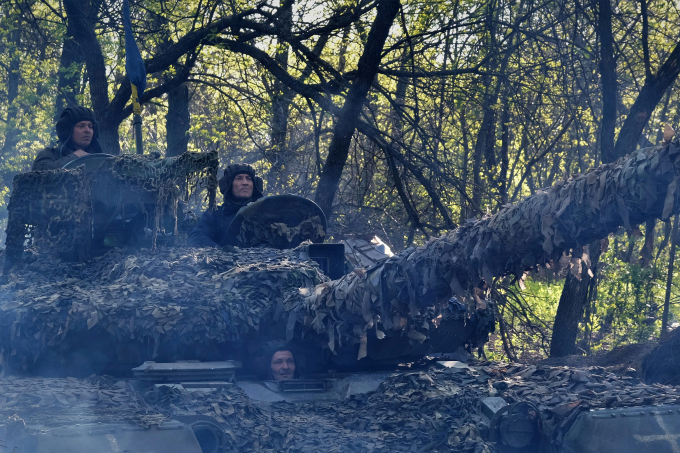
Ukrainian servicemen drive a T-64 tank towards the front line near Bakhmut, Donetsk province, in May 2023. Photo: AFP
On the floor of the shelter at Chasov Yar, surrounded by a prayer rug, are numerous pieces of military equipment. A Ukrainian flag and a rifle hang on the wall. “The situation for the Ukrainian army is quite difficult,” Aslan admits. “But the Russian side is really just as bad.”
Walid agreed with his teammate's assessment. Walid, with a shaggy beard and long black hair that fell to his shoulders, tried to downplay the challenges ahead.
"The situation is much better than when we fought the Russians in Chechnya. They still use the same techniques and strategies, the only difference is that today, in Ukraine, we are better trained and organized. We still receive support from the West," he said.
Despite both sides being in dire straits, Aslan asserts that the Russian forces still have the upper hand. The Russian army, which has more manpower, continues to put soldiers into the field at a steady pace.
"They rushed towards our positions like moths to a flame. We didn't have enough bullets, artillery, or soldiers to stop them. So we were forced to retreat slowly. It was the only strategy they found to push us back, but it clearly worked," Aslan said. "The Ukrainian army lacked everything."
But neither Walid nor Aslan were discouraged. Considered one of the best units in the Ukrainian forces, their battalion was often sent to the most difficult fighting on the front.
During the Battle of Bakhmut, the Sheikh Mansur Battalion successfully secured the Ivaniske Road, the city's main supply route and a prime target for the Russian army. For Aslan, this was a source of pride. "Despite suffering many losses since the beginning of the war, we have still completed all our tasks excellently," he said.
Walid attributes their success to the fact that all members of the battalion have a solid military background, many of whom have experience fighting the Russians. "We understand the Russians, we don't underestimate them, but we don't overestimate them either," Aslan stressed. "We know what they are capable of."
Many members of Sheikh Mansur knew each other before the Russia-Ukraine conflict broke out. They were well trained and equipped, helping the team coordinate actions in a coordinated and decisive manner.
But Aslan says he is more concerned about the overall state of the Ukrainian military. “They lack ammunition, artillery, artillery, air weapons, air defense systems and all sorts of equipment. Ukraine is retreating because of lack of ammunition,” he explains.
Aslan also expressed outrage at Europe and the United States' reluctance to respond to Ukraine's aid requests.
As things stand, Aslan and Walid stressed that Ukraine, despite several withdrawals, is still able to hold its ground. But without further aid, it will not be able to launch offensives to retake territory.
“They are all rich and powerful countries, but they have not even sent Ukraine 10% of what is needed to fight,” Aslan said, his voice filled with anger. “They have not given us enough to break through Russia’s defenses.”
Vu Hoang (According to Moscow Times, AFP, Reuters )
Source link


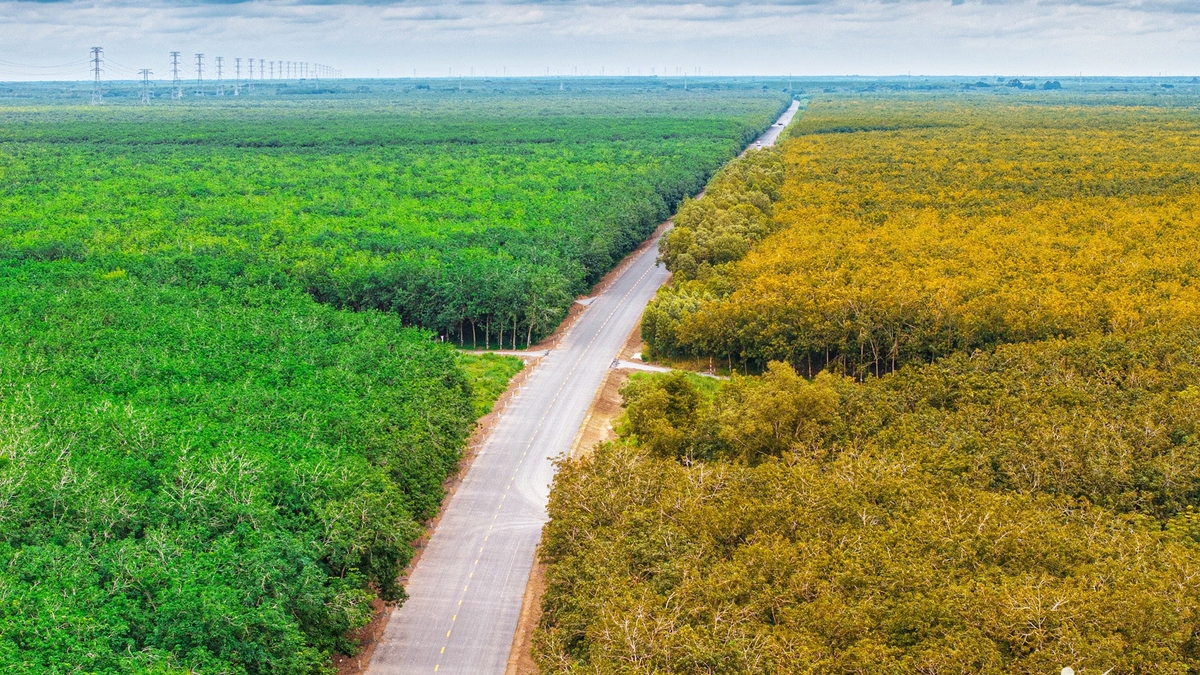





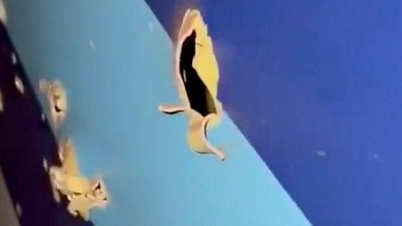

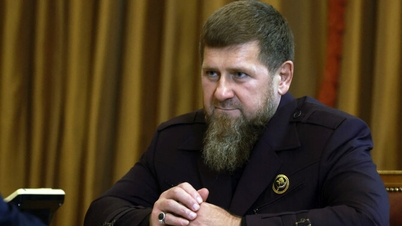





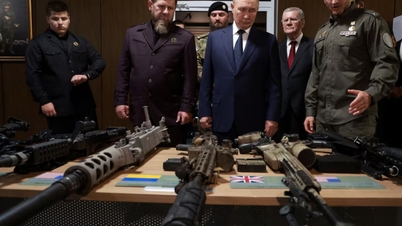
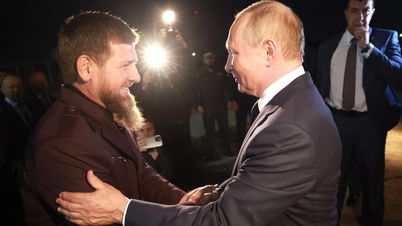

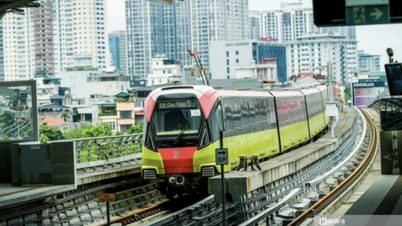

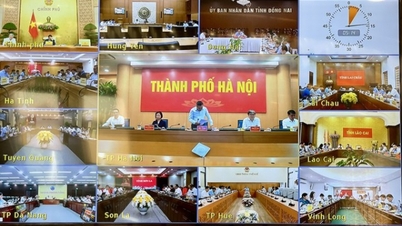
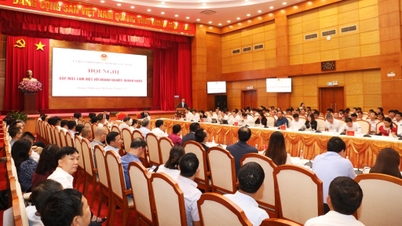
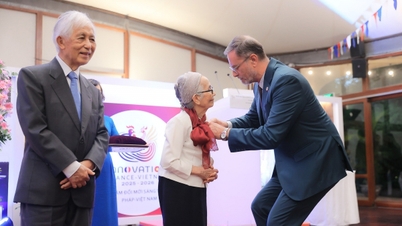
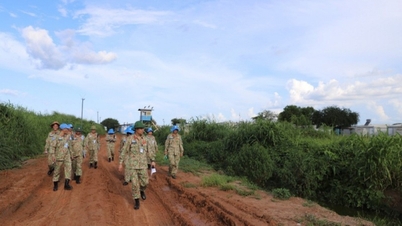




























































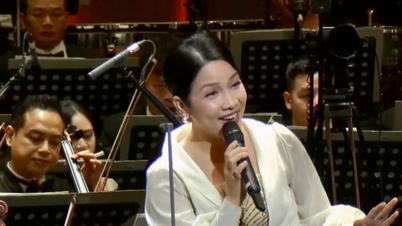

















Comment (0)